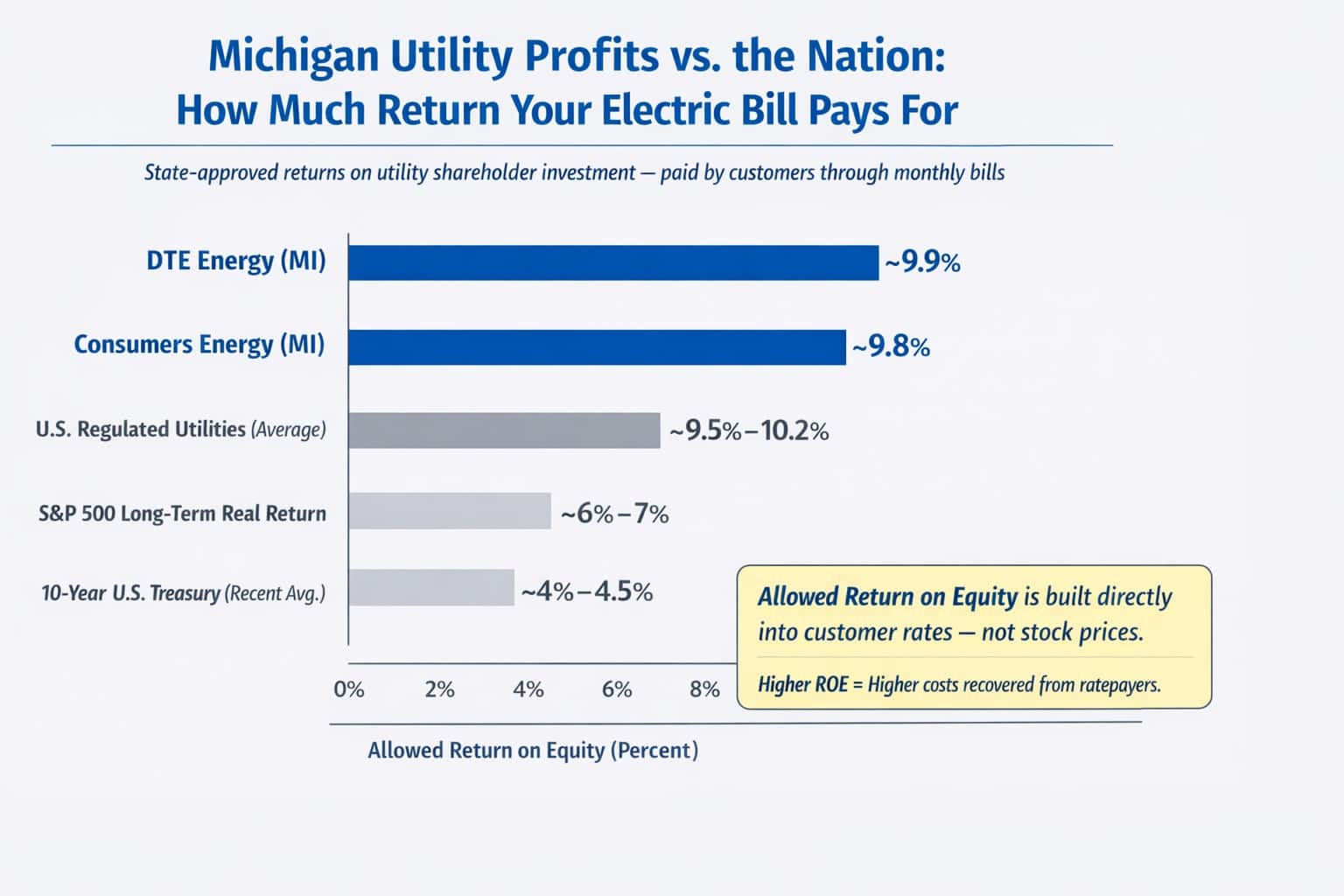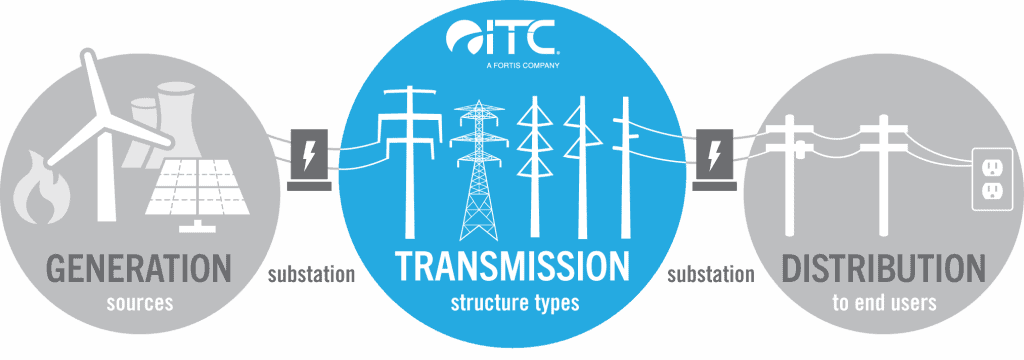LANSING – Proponents of legislation that would remove a requirement for lakefront property owners to obtain a permit to groom their beaches criticized Thursday the Department of Environmental Quality’s effectiveness in managing the current permitting process.
Beachfront owners told the Senate Natural Resources, Environment and Great Lakes Committee they should not be required to get a permit for things they have done for years.
“Most people will not apply for a permit and they do want to groom their beaches,” said Ernie Krieger, president of Save Our Shoreline, a group representing more than 3,000 families that have lakefront property. “A lot of the residents that live out there are senior citizens. They have a tough time asking for permission for things they’ve done on their own over time. A lot of cost is involved with it.”
Jim Hansen, a member for the Waterways Commission, said he strongly backs the bill. He said much like people in the Lower Peninsula have grass for a front lawn, he happens to have Lake Michigan as his front yard. But like the property owner without a lake view, he would still like the ability to “take care of my front yard” without needing a permit.
“The process used in trying to get permitting is horrendous,” he said. “Folks remain absolutely shocked at the amount of paperwork they have to fill out.”
SB 1052 would amend parts of the Natural Resources and Environmental Protection Act regarding the Wetlands Protection Act and the Great Lakes Submerged Lands Act. It would prohibit the DEQ and local units of government from regulating beaches, shifting responsibility to property owners.
The need to obtain a permit for the mowing or removal of vegetation between what is known as the ordinary high-water mark and the water’s edge would be eliminated. The wetlands part of NREPA could not be used to regulate beach grooming and the Submerged Lands Act would be applicable to only land underwater instead of all bottomlands or land below the ordinary high water mark.
The latter concerns the DEQ, which is worried how it would regulate lands currently within the ordinary high water mark.
“I would suggest to the sponsor and this committee that we separate out the beach maintenance from the ordinary high water mark discussion and address them separately,” said Maggie Cox with the DEQ.
The proposed bill would also remove definitions from current law that restrict beach grooming such as “beach maintenance activities,” “leveling of sand,” “grooming of soil,” “mowing of vegetation” and “removal of vegetation” – many of which concern the Michigan Environmental Council.
James Clift of the environmental council said his organization opposed the bill as written.
“There are other areas where there is native vegetation and we think that plays important roles for many of our species,” he testified. “If the vegetation is removed and the water comes back up, it’s going to negatively impact that habitat.”
When pressed by Sen. Mike Green (R-Mayville) on balancing the need to protect that habitat while still getting rid of weeds that are not native vegetation, Mr. Clift said the issue of removing all vegetation is that it would invite invasive species.
“By disturbing the soil, you’re actually creating prime habitat for those invasive species to come back in,” he said. “Usually your invasive species are the ones that can most quickly re-establish themselves in disrupted soil.”
But Sen. Tom Casperson (R-Escanaba), chair of the committee, dismissed that assessment, referencing building sandbags when he was young to try to save the natural habitat.
“The water doesn’t respect the vegetation versus sand at all,” he said. “And I watched that happen so I’m going to speak as an expert on that.”
Casperson also blamed government interference for the problems with beaches now.
“We’re getting messy vegetation, we’re getting phragmites, and it’s growing out of proportion,” he said. “Because of our policies, and making it difficult for the people that for many, many years kept beautiful beaches, we have now perpetuated the invasive species because we limited their access to clean this stuff up.”
This story was provided by Gongwer News Service. To subscribe, click on Gongwer.Com
a>>






